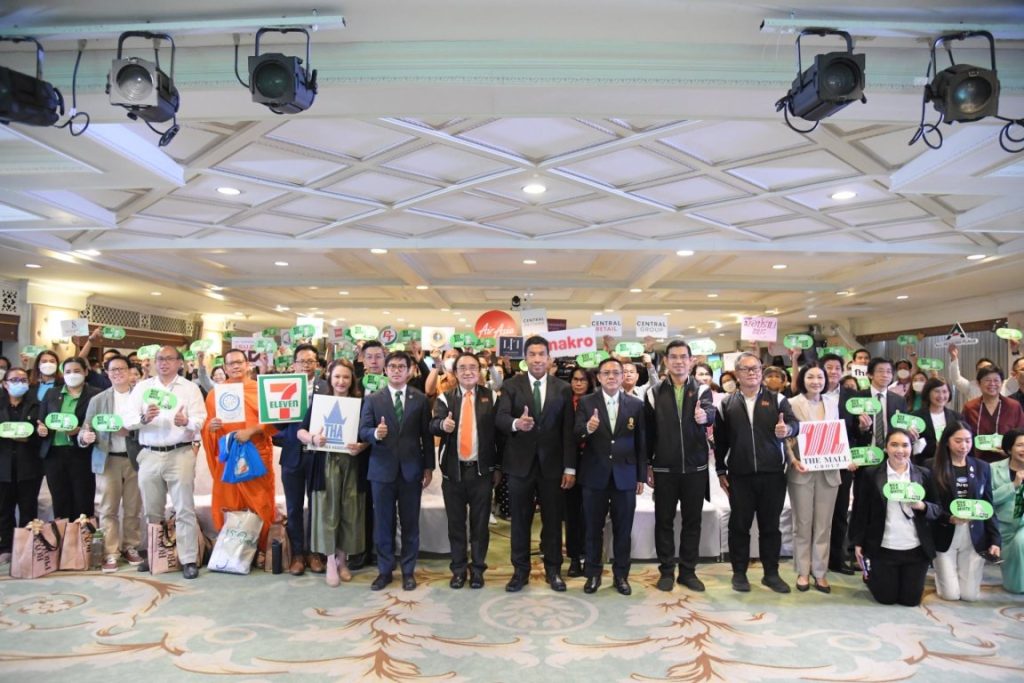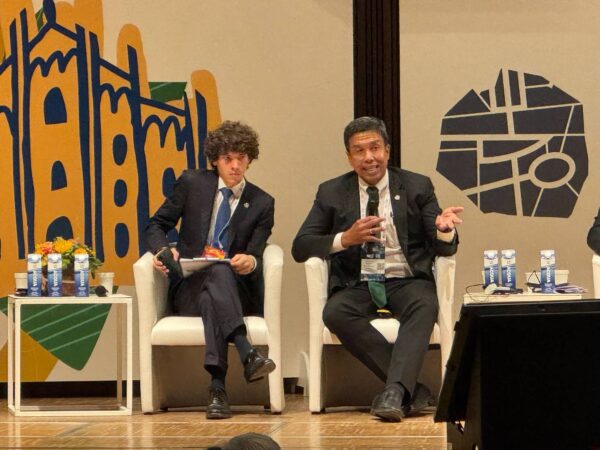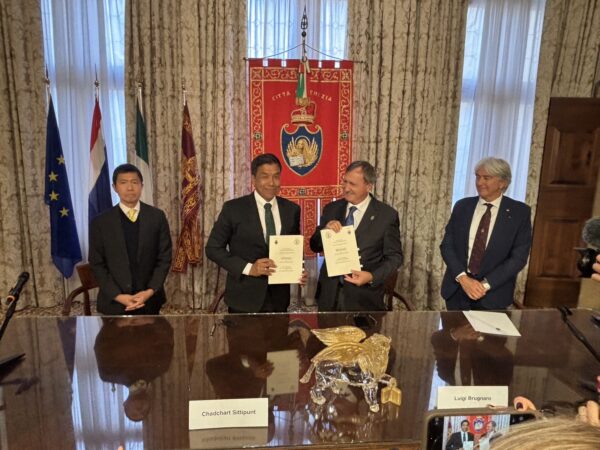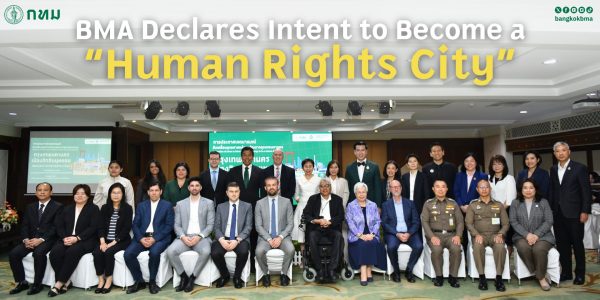The Bangkok Metropolitan Administration launched its “BKK Zero Waste” campaign at City Hall in Phra Nakhon district as a follow up to its “Mai Te Ruam” (Do not mix food waste) campaign, to ensure sustainable waste management in the capital.
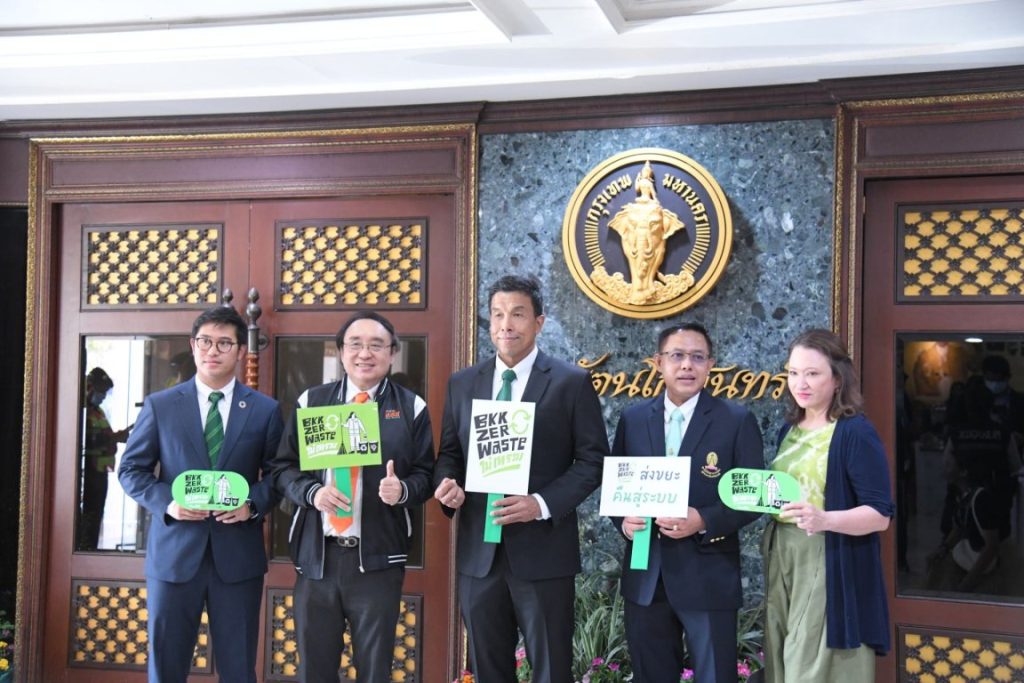
“BKK Zero Waste is considered a second phase of the ‘Mai Te Ruam’, with the Thai Health Promotion Foundation acting as the main coordinator of a network of partners,” Governor Chadchart Sittipunt said at the campaign’s launch on Friday.
“Waste management is a major problem in Bangkok. Last year, we spent over 7 billion baht on garbage collection alone. If we were able to streamline this process, we should be able to save some funding for other development projects,” Chadchart said.
Chadchart said an average Bangkokian produces 800kg of garbage per year. “Furthermore, mixing wet and dry waste will emit methane gases when both are dumped at a landfill site. Methane is one of the major causes of the greenhouse effect, which causes climate change,” he said.
Waste management is a top priority for the city and it has been working with a network of partners to reduce waste, the governor said. “Garbage is everyone’s problem. Without cooperation across all sectors, we will never be able to overcome this problem,” he explained, adding: “The city is responsible for efficient collection and disposal, but sorting waste is the responsibility of all people.”
Under the BKK Zero Waste campaign, the city and its network of partners will educate the public about sustainable waste-management practices, with a focus on proper waste sorting and reducing waste. The campaign also aims to raise public awareness about waste-related problems the city is facing.
Chadchart’s advisor Pornprom Wikitset explained that the Mai Te Ruam campaign developed measures for three main groups: The general public, medium and large corporations, and environmentalists.
The campaign targeting the general public has been implemented in three pilot districts: Nong Khaem, Pathum Wan and Phaya Thai. It encouraged households to separate waste into dry and wet (food) categories. So far about 10% of the households in these districts have been following instructions, which means an enhanced communication campaign is needed, Pornprom said.
The city has asked more than 700 medium and large corporations to join the campaign by implementing waste-sorting practices since the start of this year. These corporations, comprising hotels and shopping malls, are located in 50 districts.
Environmentalists and people who separate plastic waste by themselves have been encouraged to use drop-off points at shopping malls, petrol stations, and district offices so the plastic can be recycled.

